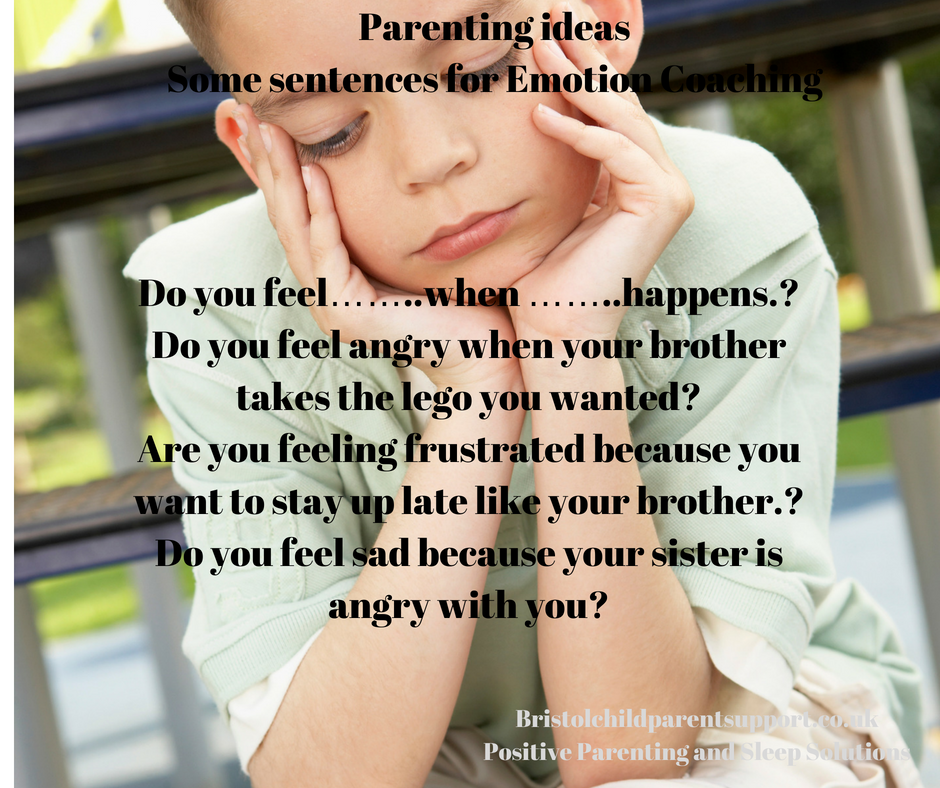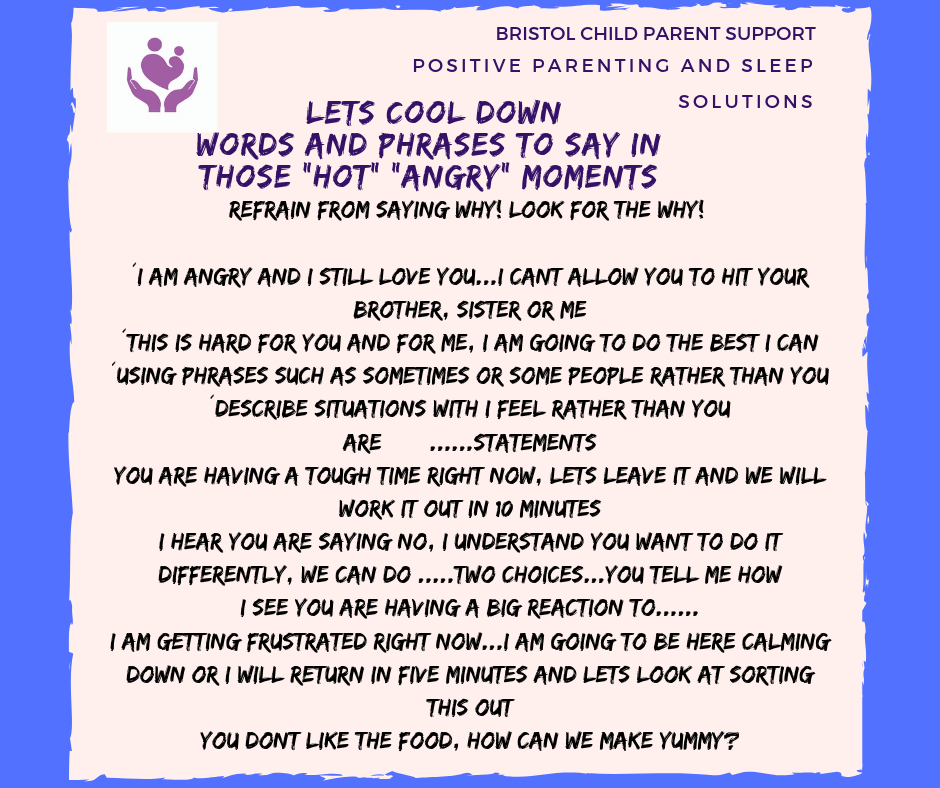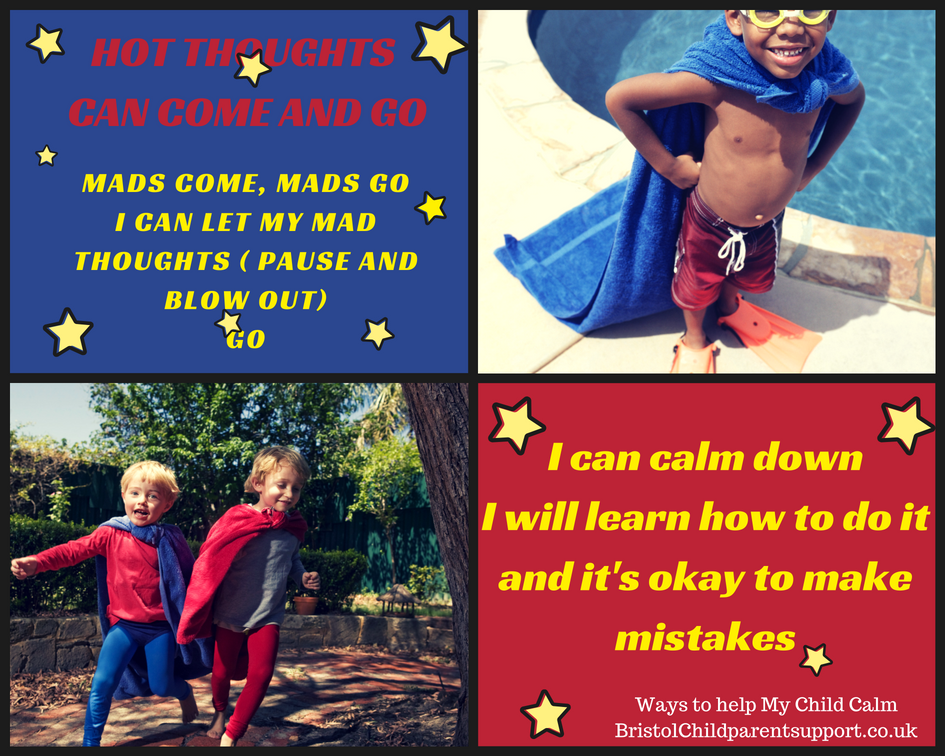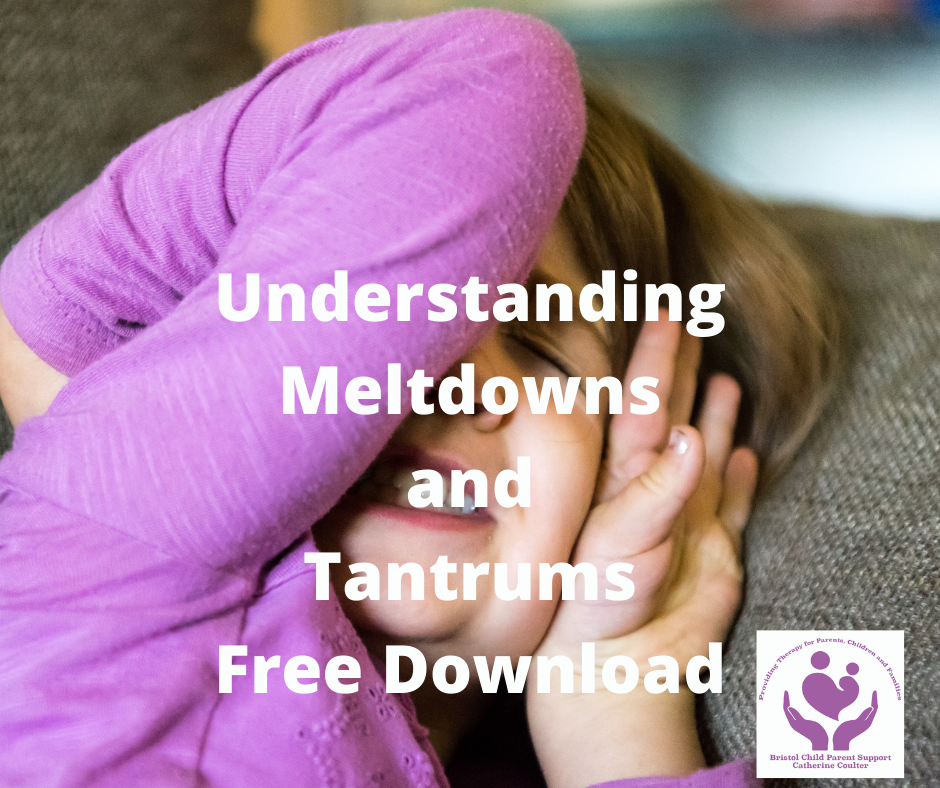Family life and parenting can be stressful and challenging at times. Are you struggling with your child’s behaviour during the holidays? Are they responding to you with a tantrum or meltdown? Recently I offered my first face-to-face workshop in two years at Rocking Horse Nursery in Newbury. The theme was on managing big feelings such as anger tantrums and meltdowns.
Listening to parents’ challenges in managing anger, tantrums and meltdowns was great. (small, not more than eight face-to-face workshops coming soon, sign up for my newsletter to be informed first).
These are some questions the parents asked:
- Why does my child behave in this way?
- Is it normal?
- What can we do?
- When would I need to access help?
I hope I can respond to some of those questions here.
What are tantrums? And they are normal!
Tantrums are storms of feelings, and your child may seem out of control. They are not always about power and control, but sometimes distress. They arise because your child’s higher (upstairs) rational brain develops the capacity to manage powerful feelings in a socially acceptable way. The brain sections responsible for these areas are not ‘switched on’ in early childhood; they start at 5-6 and continue until 24/5. It’s normal to expect children to have difficulty regulating big feelings from 18 months to 5. Hence, they can’t link their feelings, thoughts, and behaviour in their early years.

Why are Tantrums and Meltdowns so intense?
Anger, like fear, is a primary emotion. It is biologically based, hardwired, and virtually autonomic. Children have less control over primary emotions. They are limbic creatures, and their amygdala(s) are more in the driving seat. Therefore, they are not born with self-control; they learn to develop self-control and emotional regulation.
Tantrum versus Meltdown
Many child therapists distinguish between the two, but neither are diagnostic terms. In my opinion, if a tantrum is milder, you or your child may calm down, and they may have some control; in addition, the duration may be less. A meltdown is an extreme outburst; your child may rapidly be out of control. You might observe:
- Your child may go from 0 to 100 in seconds.
- Your child continues to be upset when other children have moved on.
- Your child takes a long time to calm down.
- They continue to cope with a situation as they did when they were younger and past their developmental age.
Some children may continue to suffer from meltdowns into school age and beyond. They may be suffering from an underlying condition such as:
- ADHD
- Anxiety
- Learning and Processing Issues
- Speech and language/ Developmental Delay
- ASC
- Trauma/grief
- Low Mood
- Sensory Processing issues
Triggers for a Meltdown:
There may be many triggers for meltdowns, and some may be unique, but in my experience, they might include the following:
- Giving them a limit, saying NO!
- Separation a parent leaving or they might be leaving to go to school. Nighttime separations
- Change, any change of routines and or transitions
- Injustice, sibling issues, unfairness and losing in competitions

Triggers for Tantrums
- Hunger
- Tiredness
- Boredom
- Immature brain development
- Your stress
What do I do to deescalate the Big Feelings, and how to help your child regulate
1. Safety First Always
If your child is hurting you or themselves, you must quickly make sure it is safe. You may have to place a cushion down by headbanging if they are self-harming. Sometimes gently holding them helps, but. You may have to stop driving if they try to get out of their car seat and wait until they are calm. Following this, they need a clear and consistent limit. It is helpful to plan and discuss a safety plan before an actual meltdown or tantrum. Please keep it simple; you could say, “when this behaviour arises…then this will happen”.
It’s essential to separate the behaviour from the child. Your child is not bad or unacceptable, but the behaviour is. Sit down and start a series of review meetings. Decide on a consistent plan of action. Discuss a safe place to go or calming techniques. Remember, it’s going to take time. Hence, it will not change overnight. For ten other ideas, click on the video below.
2. Invalidating your child’s feelings
When your child is upset, it is a powerful and intense feeling for them. It often leads to further escalation. Listen to your child and understand the root of the situation. Most parenting experts can agree that there is always something motivating a child’s harmful or disruptive behaviour. It’s our job to be a detective, mirror, reflect, and frame the basis for behaviour back to them.

Instead, use some positive discipline strategies by validating their feelings; this does not mean you accept the behaviour: Try to work on validating their emotions:
Validation comes in many forms, not just words; we can use our presence.
“Presence” is the concept of being alert and focused on the current moment, rather than looking to the future or distracting yourself from the moment with other thoughts. Staying present with your emotions means acknowledging your anger or fear and tending to the parenting task. If you feel overwhelmed by the feelings, it’s helpful to pause and return in five minutes when your sense of balance is restored.
Tell them you understand. Using language such as my Facebook post below:

3. Not being consistent
Many children feel very unsafe if they get their way all the time. You need to ensure that if you say no, you mean it. Your goal is to ignore behaviour directed at getting you to change your mind. Be ready with positive reinforcement when the child stops acting up and returns to playing quietly or speaking calmly.
4. Retaliating during Meltdowns or Tantrums
During a meltdown or tantrum, your child has lost all reason. Their Amygdala will be in charge, which is mindless. They say all kinds of awful things that they don’t mean, such as:
I hate you; I hate myself; I want to die; I want daddy
During a tantrum or meltdown, your child has lost all reason. Their Amygdala will be in charge; it is a mindless physical response. They say all kinds of awful things that they don’t mean. They may hate themselves, so they tell you they hate you.
When parents hear this often, parents collapse emotionally and take it personally. This interaction will sometimes trigger your Amygdala, and you react by either fighting, shouting, or collapsing by crying. Tell yourself that this moment will pass, and take a deep breath. The one thing I can guarantee is “Everything passes in life”. Be kind to yourself; we all make mistakes, and if this interaction is regularly triggering you, seek help to understand your reactions.
5. Make a list of Calm Down activities together
Here are some ideas and a free Poster for your child:
1. Always teach your children words for emotions. The more they can talk it out, the less they will “behave it out”.

2. Make a self-soothe box
3. Find a safe and calm place within your home; try not to use it as a punishment but as a solution.
4. Problem-solve with them. Find a big piece of paper and brainstorm solutions on what might help them to feel calm; there are further ideas on my >> Free Poster for your child>>Poster to Help your Child Calm Down Download
5. Help your child develop self-talk. This is going to be helpful for older children. Everyone suffers from negative thoughts; your child does too. Here are some ideas below:

6. Use Reinforcers for Positive and appropriate behaviour
Many parents get into a negative cycle, so spending time with your child can feel like a struggle. Give them a positive and special time. Notice and say when they are managing to be calm.
7. Always reconnect following a meltdown or tantrum
You may be tired and fed up, but it is essential to let go, cuddle, or say it’s okay.
What’s normal development, and when do I need to access help?
All children have times when they feel and express emotions intensely, especially in challenging times. Therefore, as a professional, I assess the following:
The intensity and length of the tantrum or meltdowns do they:
- Constantly responds to events in a powerful way?.
- Reach a high level of intensity of emotion quickly.
- Take a long time to calm down after an upsetting incident
- The behaviour was/is regularly impacting home, nursery, and school. For children over the age of six, it can be challenging for them to figure out decisions, reactions, and the impact of their actions. Younger children may also struggle with this.
- They harm themselves, or you regularly, or destroy property.
It can be disempowering and challenging when your child suffers from intense emotions, and exhibits repeated meltdowns. Remember, you are always doing your best; they are not a bad child, and you are not a bad parent!
Thank you for taking the time to read this. Remember: parenting is hard work, and you all deserve support. And when it all starts to feel impossible, ask for help. If you need assistance, contact me for a sleep/ consultation or do join my newsletter community.



